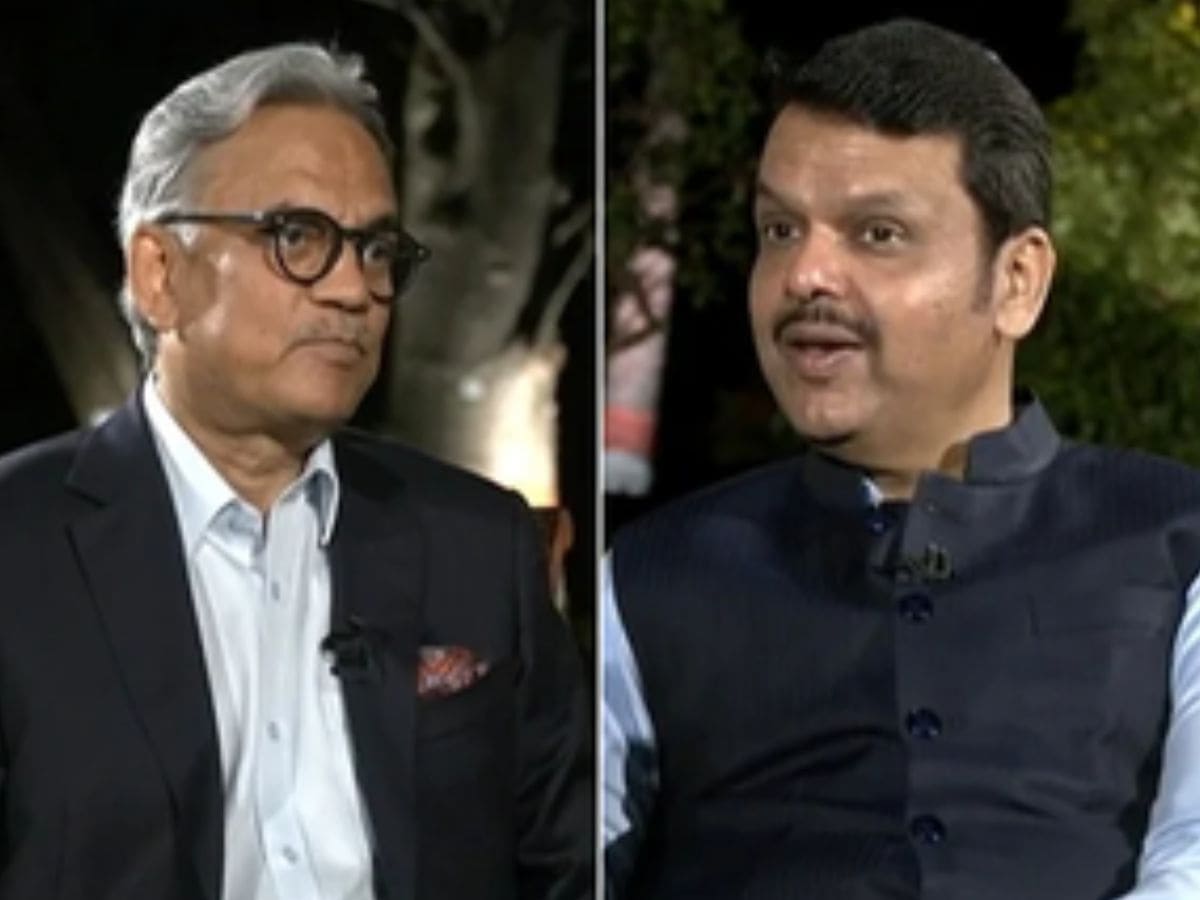
New Delhi: Senior BJP leader and the Deputy Chief Minister of Maharashtra, Devendra Fadnavis, has said that when it comes to resettlement, the government’s approach towards Dharavi, the largest slum in Asia located in Mumbai, ensures that the eligible residents receive not only housing, but also opportunities for sustainable livelihoods.
In an exclusive interview with NDTV Editor-in-Chief Sanjay Pugalia, Fadnavis outlined the government’s approach to addressing the longstanding challenges faced by the residents of Dharavi.
Fadnavis emphasised two fundamental issues that need resolution — providing homes to the inhabitants of Dharavi, and integrating them with the formal economy.
He also highlighted the necessity of securing land within Dharavi itself for the resettlement to foster trust among the residents.
“This led to the government’s proactive approach in acquiring railway land in the area, facilitated by Prime Minister Narendra Modi’s swift action,” said Fadnavis.
“The problem with this project is not merely about relocating the eligible individuals, but also transforming Dharavi from a slum into a vibrant economic hub,” Fadnavis said during the interview.
Fadnavbis also underscored the need to bring the residents of Dharavi into the formal economy to enable them to contribute positively while ensuring that they receive essential support and incentives.
To facilitate this transition, Fadnavis revealed some comprehensive plans for providing facilities and tax exemptions to incentivise formal employment.
He also addressed the issue of eligibility, outlining the provisions of resettling those displaced after 2011 elsewhere, while ensuring fairness and adherence to the Supreme Court directives.
“Our approach will ensure that the eligible residents receive not only housing, but also opportunities for sustainable livelihoods,” said Fadnavis, emphasising the holistic nature of the rehabilitation project.
He also expressed confidence that the initiative will serve as a model for poverty alleviation globally, underscoring the government’s commitment to empowering the marginalised people.
